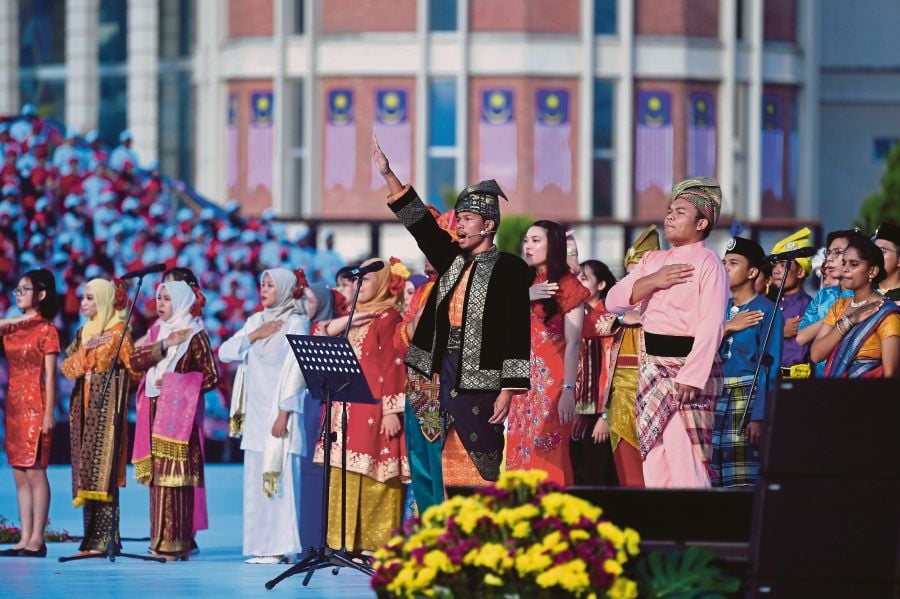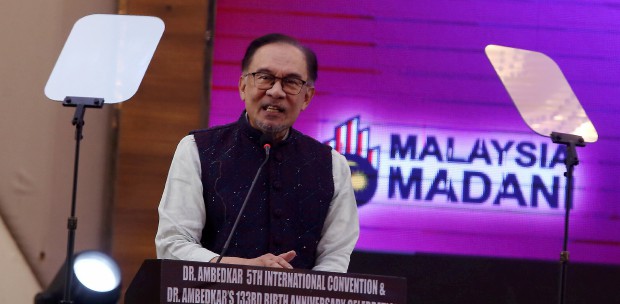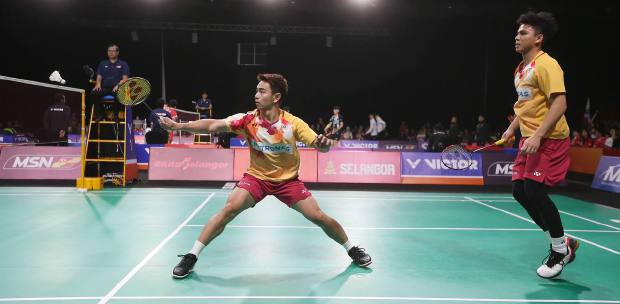These are somewhat troubling times for the country. Politics is in something of a flux and therefore all the noise — some rather disconcerting, to be sure — can and should be taken with a healthy pinch of salt.
It is, of course, disappointing that a former prime minister seems to be leading the charge by questioning the loyalty of Chinese and Indian Malaysians.
Naturally we hope he would take a more statesman-like stance, but perspective may be necessary; he appears to believe he still has political work to do even at a very advanced age.
Hence, his utterances can be discounted as being rather politically slanted and motivated.
Malaysians should by now be far more mature and see such discordant noises for what they are: vote-baiting campaigns. Issues raised in this regard are nothing new, but alarm is unnecessary.
These issues were mostly settled before Merdeka and enshrined in and fully protected under our Constitution.
Such issues may remain somewhat contentious even today, but they can be ventilated, all in hopes that every Malaysian will show more introspection to better understand why they remain live as before.
But without resorting to violence, please, because we are Malaysians, after all.
January is a month when Sarawakians commemorate the anniversary of former chief minister Tan Sri Adenan Satem's death in office in 2017.
His was one of the shortest tenures of political chief executives in the state, but his utterances while in office resonate even today, perhaps more so now.
Sarawakians like to boast — rather needlessly and mostly superficially, in my opinion — that in terms of race or religious relations, their state is in a class like no other in the country.
The fact that no single community in the state commands a numerical majority drives home to every Sarawakian that compromise is in everybody's interest and, therefore, a political necessity.
Yet, the state is not immune to controversy, whether racial or religious.
Unfortunately, it seems being extra careful or sensitive to others of a different race or religion, especially by religious leaders, is also not a given here.
A church is currently embroiled in some controversy over what it will permit in a school in its charge with regard to activities organised by Muslims for Muslim students.
Adenan endeared himself to many for the things he said, which promoted social harmony.
He demanded emphatically that non-Muslim Bumiputeras from Sarawak should not be categorised nationally as lain-lain (others).
These may constitute a minority nationally but collectively in Sarawak, they form the majority. Disrespecting them is disrespecting Sarawak, he implied.
Adenan also said there are no pendatang in Sarawak since those commonly referred to as pendatang (the Chinese) have been in Sarawak for several generations.
This reminds me of my university days in Canada, when a common refrain heard was that all Canadians are immigrants (save, of course, for the native Canadians).
The white Canadian immigrants first went to Canada as colonisers before overwhelming the country with their numbers.
Our British colonisers were perhaps more benign and, in any case, worked (or at least laboured to be seen doing so) with the local Malay rulers.
Perhaps our tropical climes saved us from being inundated with white immigrants. In their place, Chinese and Indian immigrants were brought in so we are where we are now.
All Malaysians contributed in ways big and small to make the country what it is today.
It is perhaps natural that Indian or Chinese Malaysians look towards their respective mother countries with some fondness.
Pride, especially among our Chinese, for the strides China has lately been made, must be held in check, lest it be perceived by others as disloyalty or divided loyalties towards Malaysia.
The debate thus rages on.
* The writer views developments in the nation, region and wider world from his vantage point in Kuching






